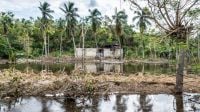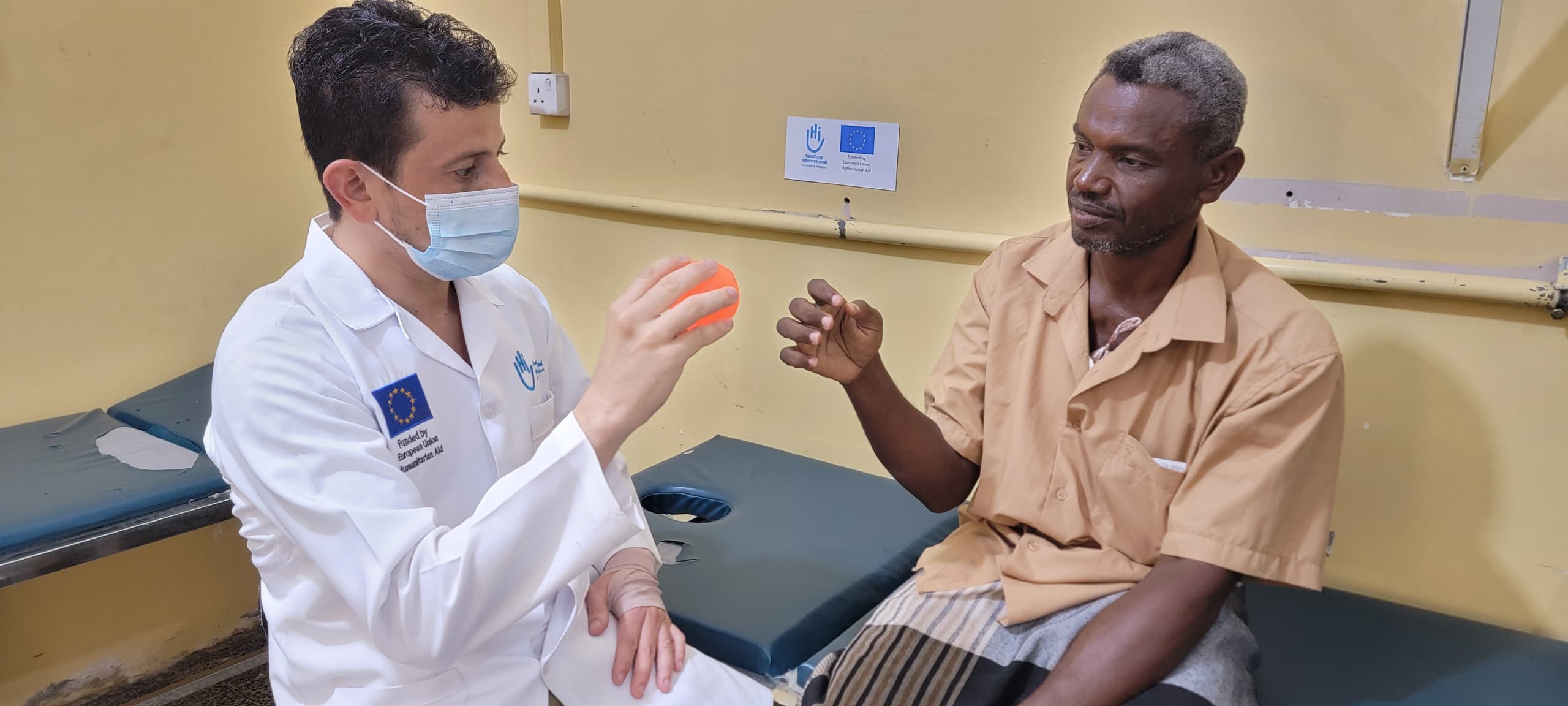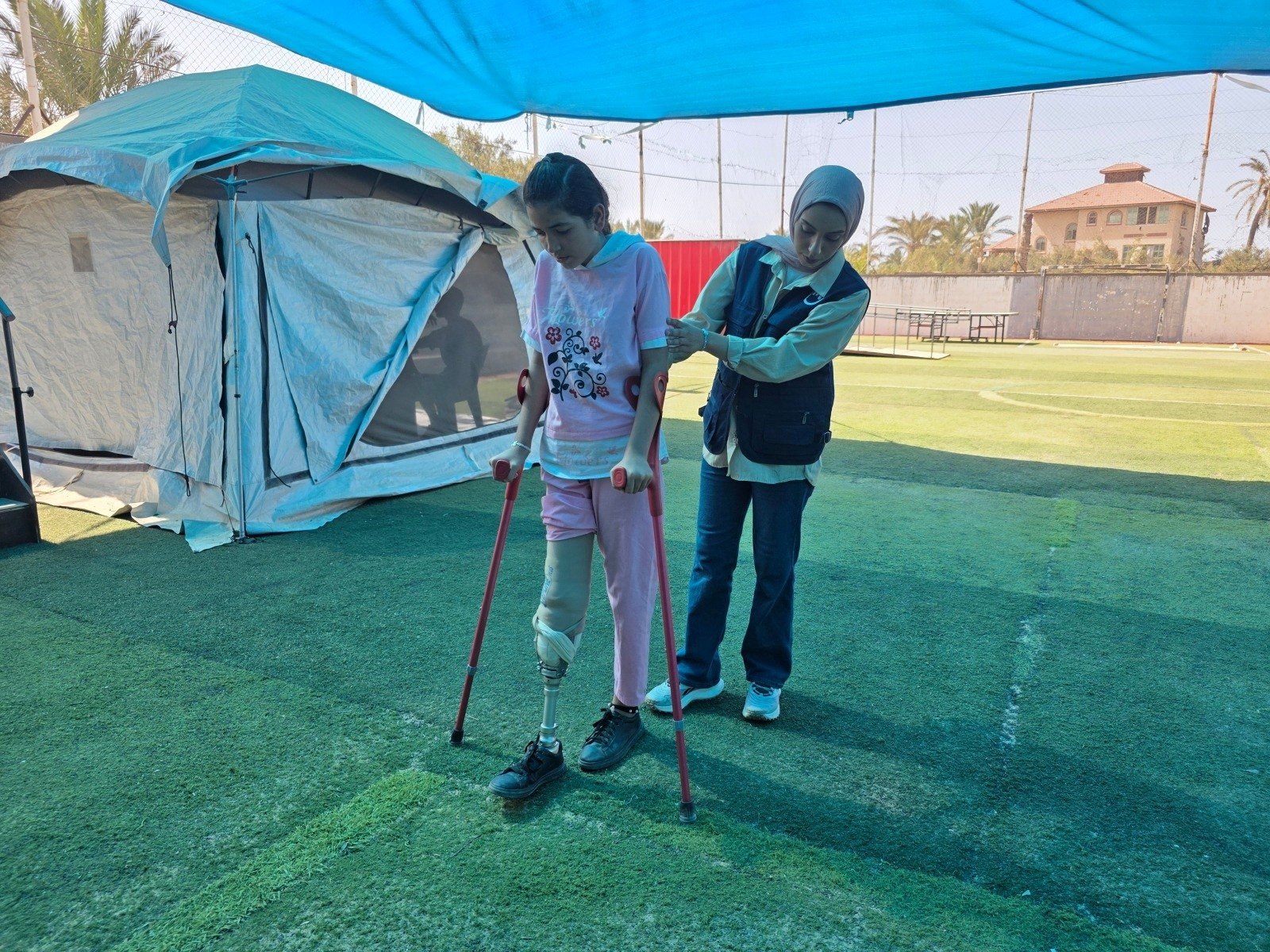Latest news
By country
By activity
- Rights (128)
- Emergency (672)
- Rehabilitation (494)
- Prevention (99)
- Inclusion (283)
- Health (198)
- Explosive weapons (357)
- Event (16)
- Covid-19 (5)
By publication date
Inclusive education in Niger: Malika's future within reach 11/19/25
Malika, a girl with a visual disability, has been supported by HI's inclusive education work for almost four years. Studious and radiant, she thrives at school, enjoys playing with her friends and dreams of becoming a teacher.
- Niger
Ukraine: Yuliia, injured by a mine, regains hope 11/19/25
At the age of 20, Yuliia lost her legs and her sight in a mine explosion. With HI's support, she is learning to regain her independence.
- Ukraine
Afghanistan: Mashur walks again after a serious injury 11/14/25
Following the earthquake on August 31, HI, with support from the European Union, deployed its emergency physical therapy teams to improve access to quality care at Jalalabad Hospital.
- Afghanistan
Afghanistan: recovering after the earthquake 11/14/25
At the end of August, a powerful earthquake struck eastern Afghanistan. For two months, HI teams have been working to help people recover from their injuries.
- Afghanistan
Afif is overcoming obstacles with rehabilitation 11/12/25
Afif was diagnosed with an autoimmune disease. Within days, he could no longer walk. HI helped him recover.
- Occupied Palestinian Territory
In Syria, children are the main victims of explosive devices 11/12/25
Nada Ali Al Shathi came back to her village with her family. A few days later, her son was badly injured by an explosive device.
- Syria
Emergency in the Philippines: plunged into chaos once again 11/07/25
For the 20th time in 2025, the Philippines is facing an extremely violent typhoon. Kalmaegi is the deadliest of the year, with catastrophic consequences.
- Philippines
Peru: local and inclusive solutions to climate change 11/03/25
In the heart of the Peruvian Amazon and Andes regions, HI is empowering women, young people, and individuals with disabilities to combat the effects of climate change.
- Peru
Tropical storm Melissa hits the Caribbean with full force 10/31/25
In Haiti and Cuba, where HI teams are based, the damage is considerable. There are fears that humanitarian needs will skyrocket.
- Cuba
- Haiti
A stroke survivor rebuilds his life amid war and poverty 10/31/25
HI supported Ali Jaber Ali Yateem who suffered a stroke to recover his mobility.
- Yemen
Floods in the Philippines: Tintin wants to be an inspiration to her children 10/25/25
After weeks of rain and flooding, Tintin found support from HI. Today, she and her family are rebuilding their lives and moving forward.
- Philippines
13 years of armed violence have devastated Syria 10/22/25
How do you rebuild your life when everything around you is destroyed? Qais Al Hmeidi, 44, a father of 3, tells how he is back in the village he fled during the war.
- Syria
11 Months of Detention for Alberto and Rafael 10/16/25
For the past eleven months, Alberto Trentini and Rafael Ubiel Hernandez Machado have been detained by the Venezuelan authorities.
- Venezuela
Explosive weapons kill and injure every day in Syria 10/14/25
People are coming back to their villages that are littered with unexploded ordnance. Children like 10-year-old Amer are the main victims.
- Syria
















